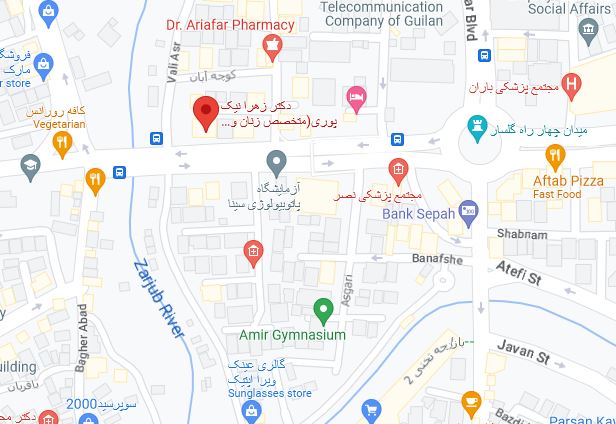Older Breast Cancer Patients May Be Undertreated
|
|
Older Breast Cancer Patients May Be Undertreated Roxanne Nelson Information from Industry Learn how an OAB treatment option performed in pivotal trials September 25, 2011 (Stockholm, Sweden) — Older breast cancer patients face a higher risk of dying from the disease than younger women. According to data presented here at the 2011 European Multidisciplinary Cancer Congress, elderly women with breast cancer might be getting shortchanged when it comes to treatment. Radiotherapy was administered less frequently among older patients, and the administration of chemotherapy sharply declined with increasing age, the authors note. Therefore, explained lead author Christos Markopoulos, MD, from Athens University Medical School, Greece, it is most likely that undertreatment in this population explains the worse age-specific breast cancer outcomes. At a median follow-up of 5.1 years, multivariable analysis showed that a higher proportion of mortality related to breast cancer than not related to breast cancer was associated with advancing age (P < .001) (survival was calculated using a Cox proportional hazards model). A second analysis, using a Fine and Gray model for competing mortality, confirmed that a higher breast-cancer-specific mortality was associated with increasing age (P < .001). "Elderly patients have often been considered as being not fit for state-of-the-art cancer care," said European CanCer Organisation (ECCO) president Michael Baumann, MD, in a statement. "A host of recent studies have shown that it is not age per se, but rather the status of health that is important...for predicting how well an individual will tolerate treatments." The number of elderly patients is increasing throughout Europe, and many are physically fit and very good candidates for standard cancer treatments, he noted. "Educational efforts, but also detailed research on predictors and supportive measures, are key to making sure that all cancer patients, irrespective of age, receive evidence-based best individual treatment approaches." Higher Mortality The 5-year results of the study were recently published (Lancet. 2011;377:321-331). There was no statistically significant difference between the 2 efficacy end points, which were disease-free survival and overall survival, explained Dr. Markopoulos. "These results suggest that exemestane or tamoxifen followed by exemestane are both effective treatment options for postmenopausal women with hormone-receptor-positive disease," he said. The causes of death were well balanced between the 2 groups, he added. An analysis of their progress over the 5.1 years of the trial found that although the risk of dying from causes other than breast cancer was much higher in elderly patients, the risk of dying from breast cancer also increased with age, said Dr. Markopoulos. "Mortality from other causes increased from 1% in youngest group to 14% in the oldest group," he explained. "But the most important finding was that disease-specific mortality also increased — from 5% to 9%. It was 9 times higher in the oldest group." The authors explored possible causes for the higher disease-specific mortality in this age group. There was no real difference in patient characteristics between younger and older patients, but there was a difference in tumor size. Elderly patients tended to have larger tumors, Dr. Markopoulos pointed out. Elderly women were also more likely to have a mastectomy, and radiotherapy was administered less frequently. But the most important finding was the low rate of chemotherapy administered to this population. "Lymph node disease was present in 47% to 48% of this group, but only 5% received chemotherapy," he said. Thus, it is most likely the undertreatment of older women that explains the poorer disease-specific mortality observed in this population. Underlying this situation, added Dr. Markopoulos, is a false perception that the prognosis for older women with breast cancer is relatively good. "Our data underline the need for optimal and individualized treatment of elderly patients, taking into account biological age and life expectancy," he concluded. Another area of importance is the possible interaction between comorbidities and treatment in this population of breast cancer patients, said Suzette Delogue, MD, a medical oncologist from the Institut Gustave Roussy in Paris, France, and who served as a discussant of the paper. "There is a need for prospective trials that will evaluate comorbidities and treatment," she said.
|


